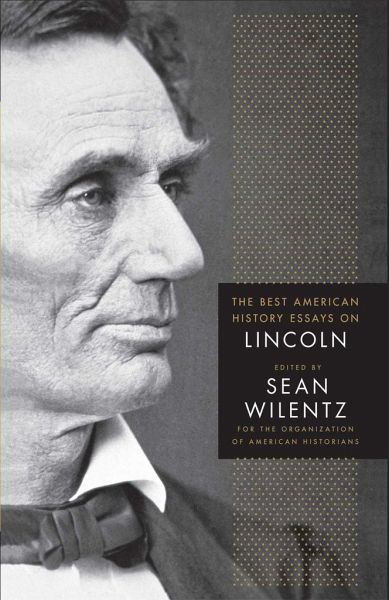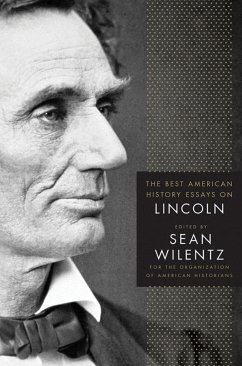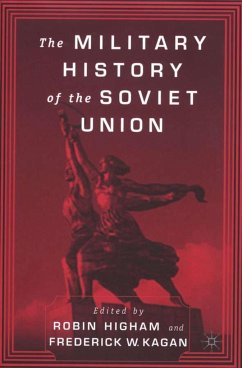
The Best American History Essays on Lincoln
Versandkostenfrei!
Versandfertig in 6-10 Tagen
42,99 €
inkl. MwSt.

PAYBACK Punkte
21 °P sammeln!
This new volume in the Best American History Essays series brings together classic writing from top American historians on one of our greatest presidents. Ranging from incisive assessments of his political leadership, to explorations of his enigmatic character, to reflections on the mythos that has become inseparable from the man, each of these contributions expands our understanding of Abraham Lincoln and shows why he has been such an object of enduring fascination.Contributions include:_ James McPherson on Lincoln the military strategist_ Richard Hofstadter on the Lincoln legend_ Edmund Wils...
This new volume in the Best American History Essays series brings together classic writing from top American historians on one of our greatest presidents. Ranging from incisive assessments of his political leadership, to explorations of his enigmatic character, to reflections on the mythos that has become inseparable from the man, each of these contributions expands our understanding of Abraham Lincoln and shows why he has been such an object of enduring fascination.Contributions include:_ James McPherson on Lincoln the military strategist_ Richard Hofstadter on the Lincoln legend_ Edmund Wilson on his contribution to American letters_ John Hope Franklinon the Emancipation Proclamation_ James Horton on Lincoln and race_ David M. Potter on the secession_ Richard Current on Lincoln's political genius_ Mark Neely on Lincoln and civil liberties.














